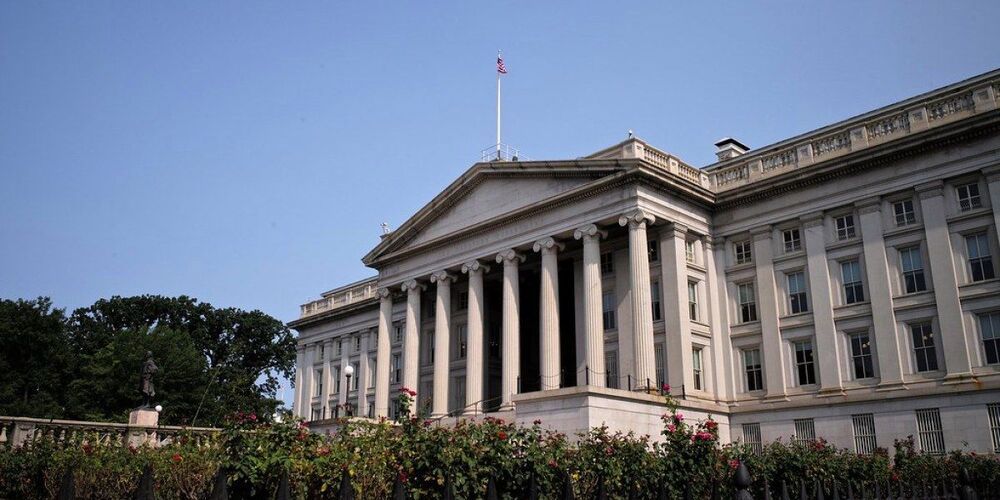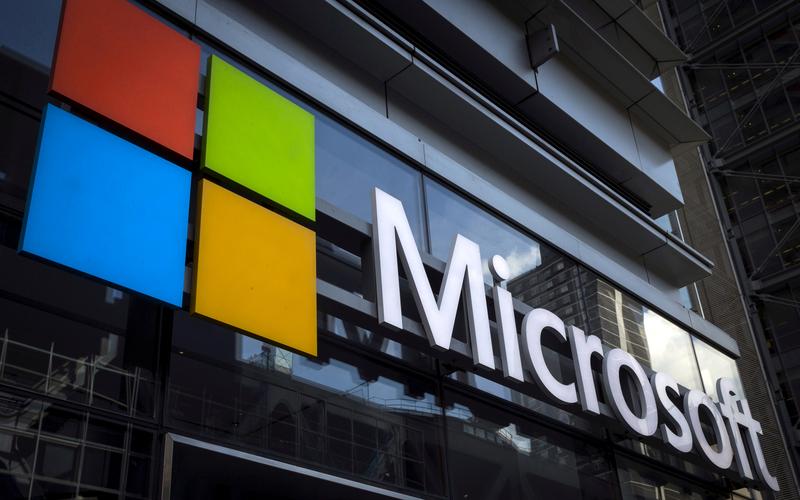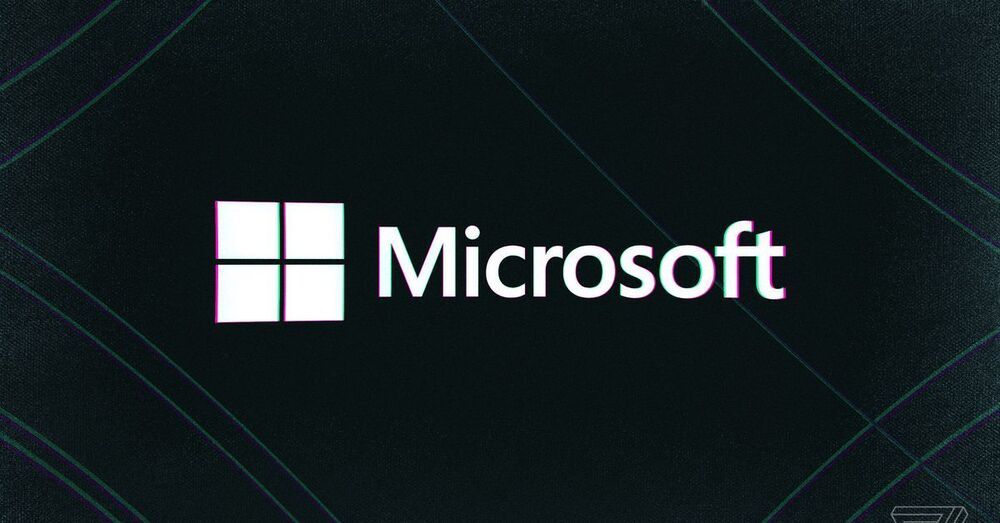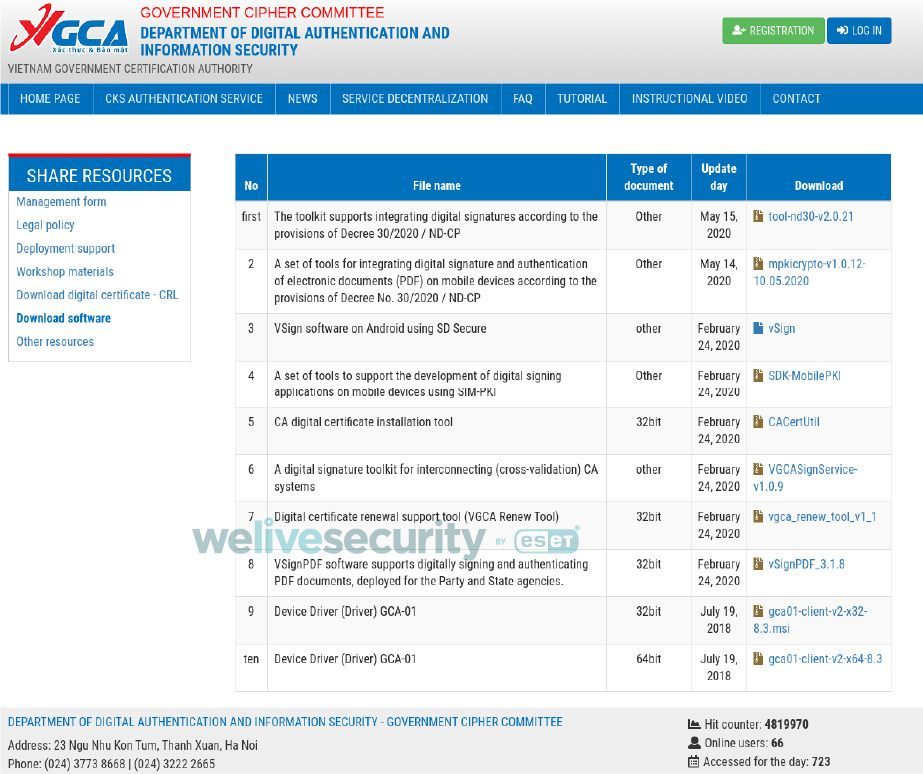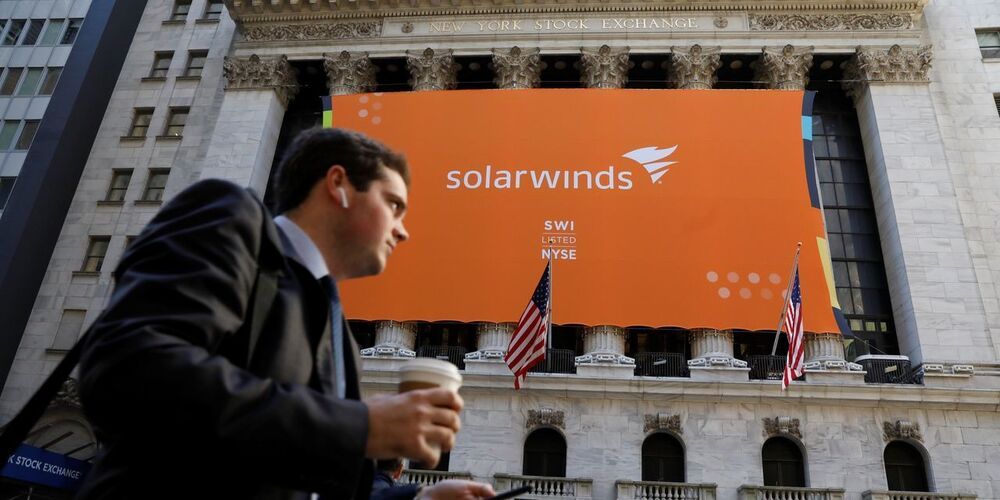The Canadian government has launched a strategy that sees low-carbon and zero-emission hydrogen fuel technology as a key part of the nation’s path to net-zero carbon emissions by 2050. The strategy is underpinned by a federal investment of CAD1.5 billion (USD1.2 billion) in a Low-carbon and Zero-emissions Fuels Fund to increase the production and use of low-carbon fuels, including hydrogen.
“Hydrogen’s moment has come. The economic and environmental opportunities for our workers and communities are real. There is global momentum, and Canada is harnessing it,” Minister of Natural Resources Seamus O’Regan said as he a launched the strategy on 16 December.
Hydrogen Strategy for Canada is designed to spur investment and partnerships to establish Canada as a global supplier of hydrogen and to increase domestic production. This will transform the Canadian energy sector, NRCan — the federal department of natural resources — said.


